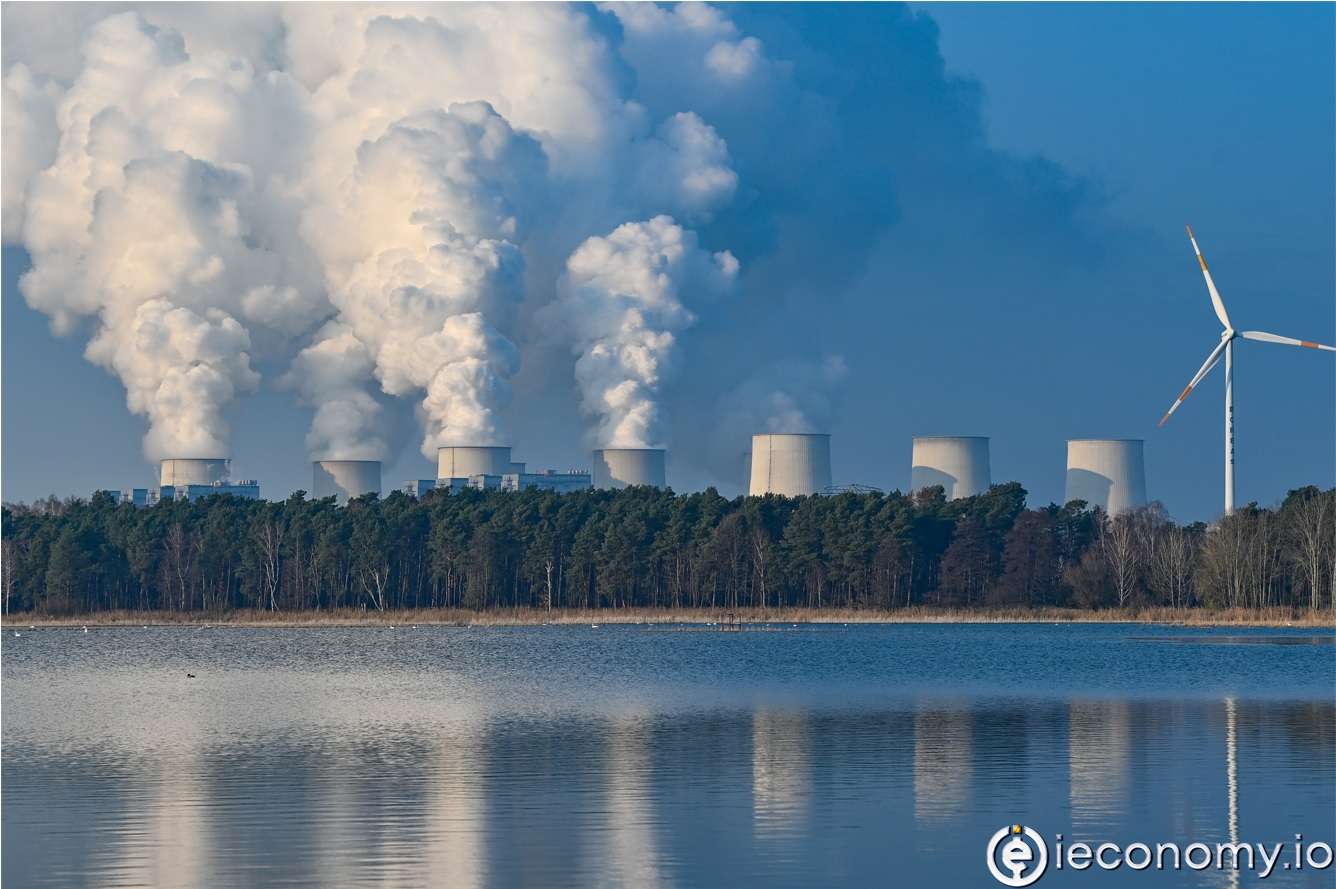4070
0
Recovery from the corona crisis will cause record emissions
Carbon dioxide emissions are likely to reach record levels by 2023, as only two percent of pandemic recovery funding is for renewable energy.

Yazar: Tom Roberts
Yayınlanma: 21 Temmuz 2021 11:27
Güncellenme: 21 Şubat 2026 12:59
Recovery from the corona crisis will cause record emissions
Carbon dioxide emissions are likely to reach record levels by 2023, as only two percent of pandemic recovery funding is for renewable energy, the International Energy Agency said on Tuesday. According to AFP, the countries have set aside a total of 14 trillion euros for post-pandemic reconstruction, most of them for emergency financial assistance for workers and businesses. If countries spend only the planned $ 380 billion (€ 323 billion) on renewable energy, global CO2 emissions will reach record levels by 2023, and then continue to rise. According to the intergovernmental organization, 3.5 billion tons of more carbon will be released into the atmosphere than if the countries maintained the average global temperature increase to 1.5 degrees Celsius compared to the pre-industrial revolution, as set out in the Paris Climate Agreement. "Since the COVID-19 crisis erupted, many governments have spoken of the importance of rebuilding towards a clean future, but their financial commitments do not reflect their rhetoric," said IEA chief Fatih Birol. According to the United Nations, in order to achieve the above-mentioned goal of the Paris Agreement, it is necessary to reduce the average emission rate by seven percent by 2030 each year. According to the IEA, G20 investment in renewable energy is likely to reach 60 percent of what is needed to meet climate targets. However, developing countries will only meet this target by 20 percent, as countries hard hit by the new coronavirus pandemic have given priority to funding health facilities and financial assistance to their populations. At the same time, however, poor countries are generally responsible for much less emissions than rich ones. According to AFP, more than 100 developing countries called on rich countries last week to meet their ten-year-old commitment to provide $ 100 billion a year to countries most affected by climate change. In addition, the IEA said in June that one trillion dollars a year must be invested in renewables by 2030 if the world is to achieve carbon neutrality by 2050. In 2020, the international community invested only $ 150 billion in these resources, AFP recalls. Whether it's record heat waves in North America or devastating floods in Europe, the impact of climate change is increasingly being felt by rich countries, AFP analyzes.İLGİLİ HABERLER





European stocks soared and focus shifted to German retail sales after Powell's speech!

Forex Signal For TRY/USD: Inflation Slowdown in November.

Forex Signal For GBP/USD: Bullish Trend Still Not Breaking While Recovery Continues.

Forex Signal For EUR/USD: Starry US Data Points to Higher Fed Increases.

Forex Signal For BTC/USD: Downside Continues as Bitcoin Recovery Moves Less.
En Popüler Haberler
Yorum Yap
Yorumlar
Henüz yorum yapan yok! İlk yorumu siz yapın...